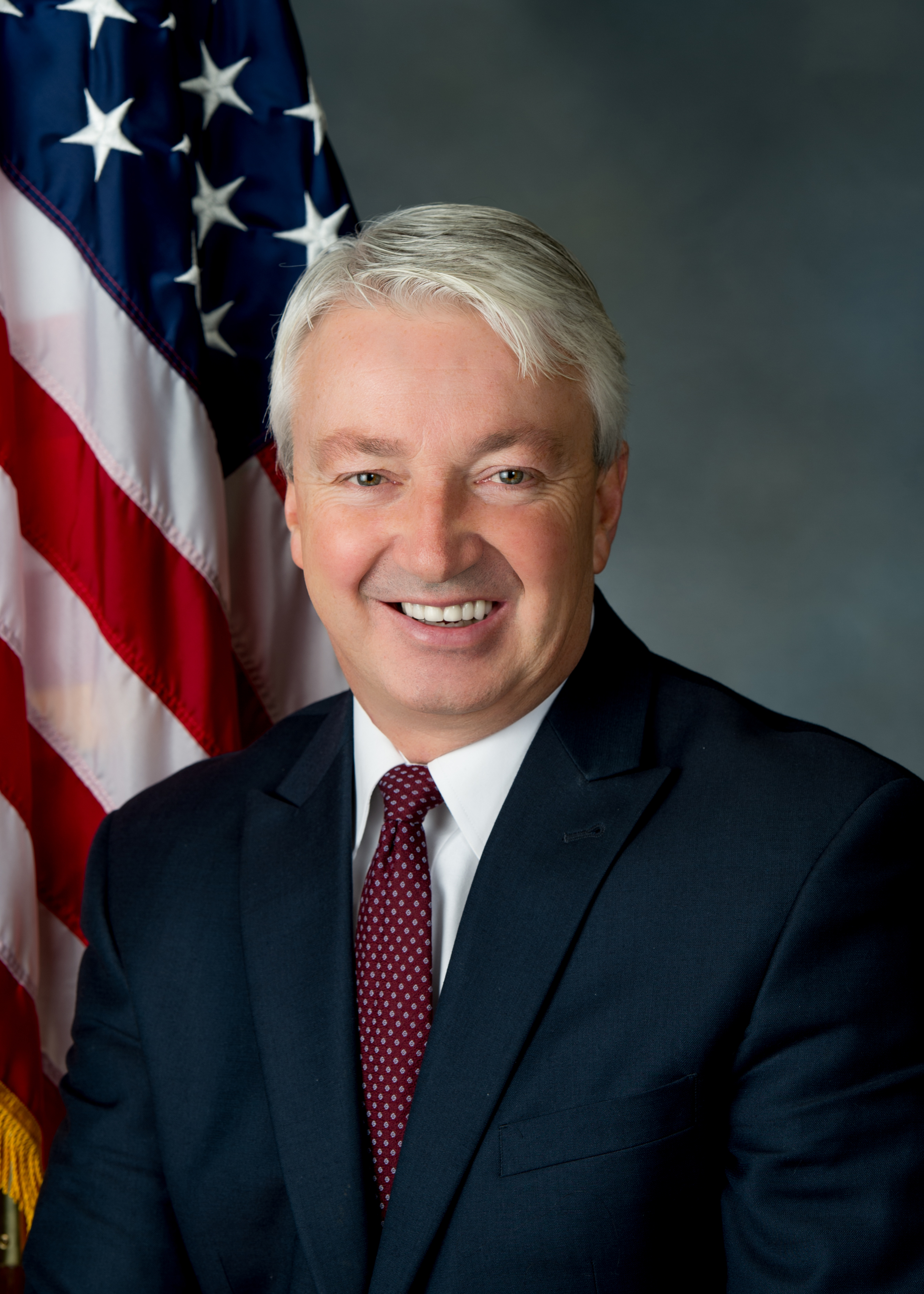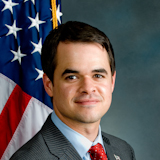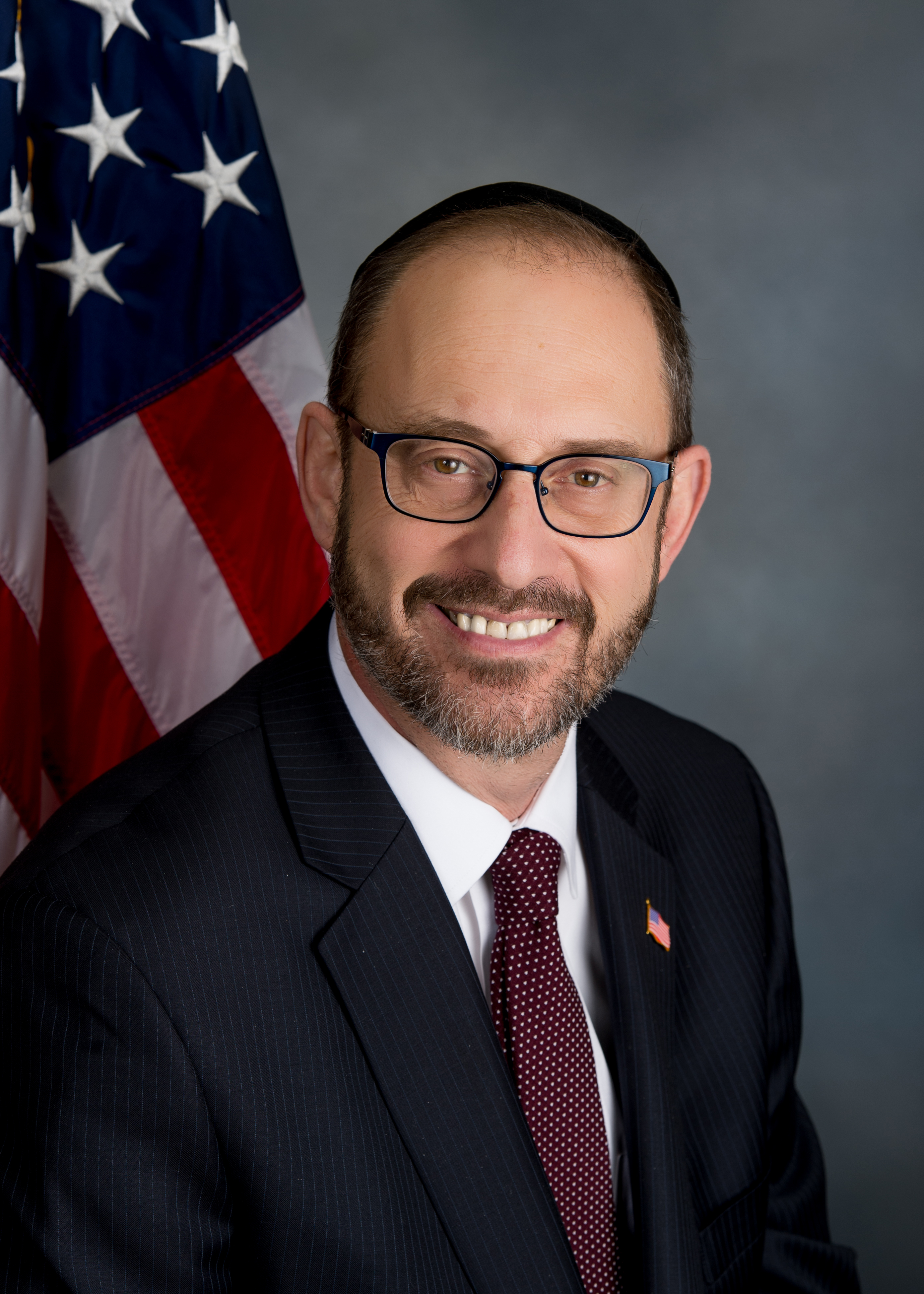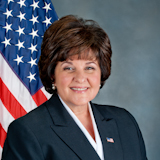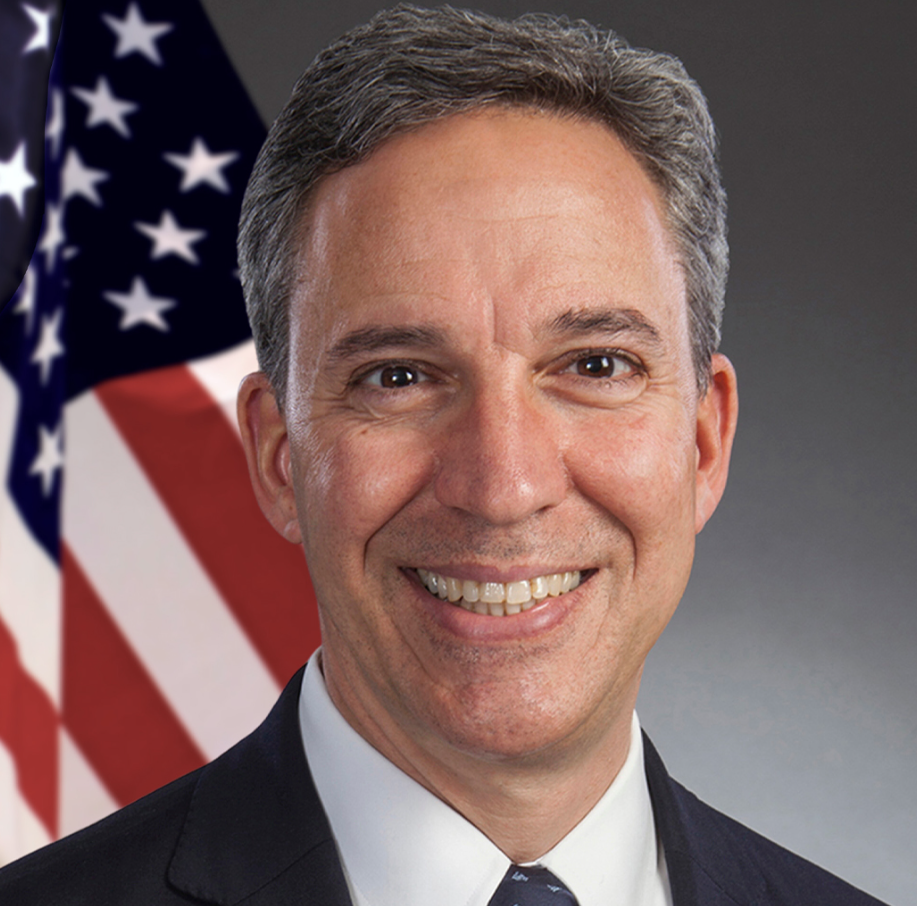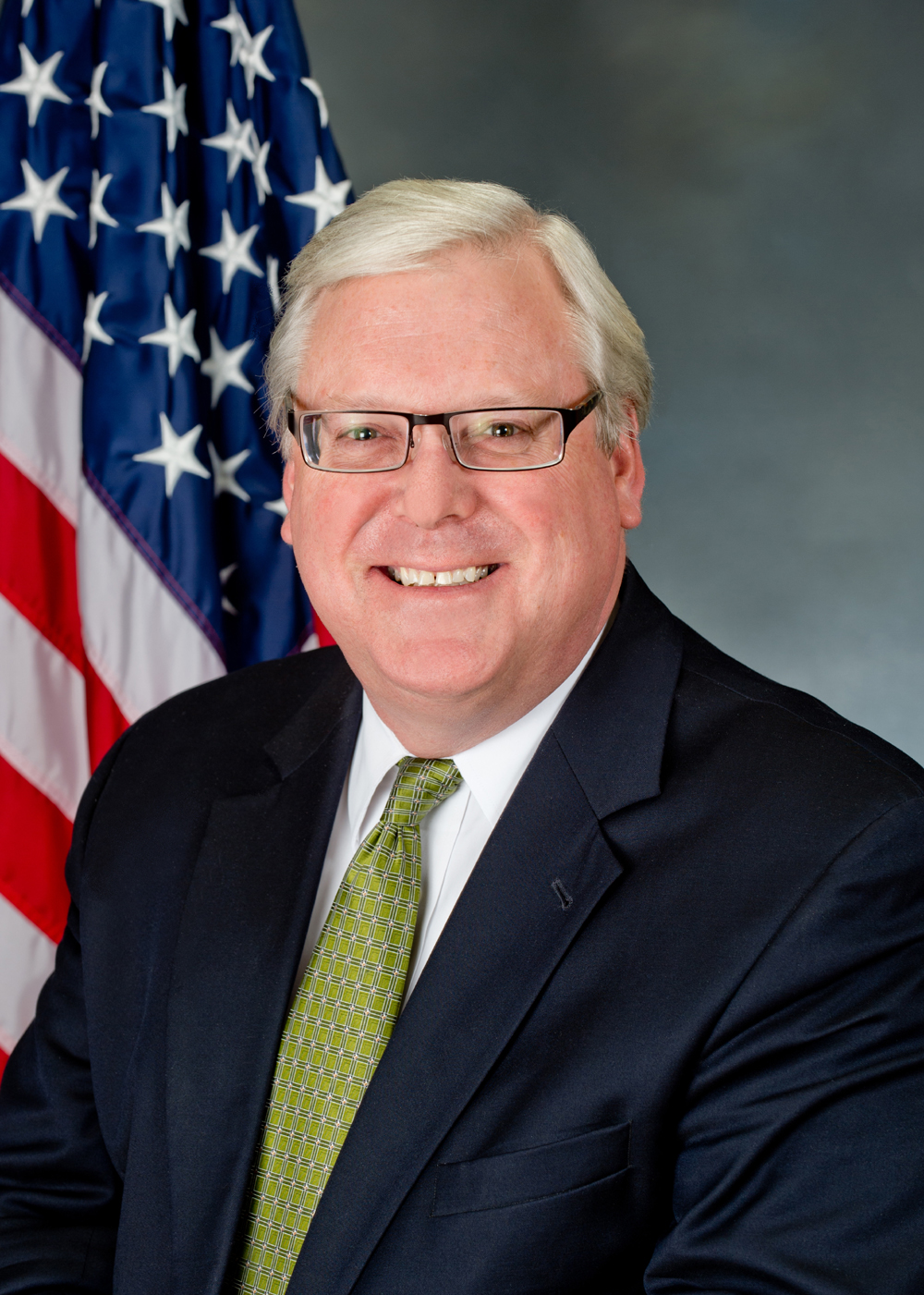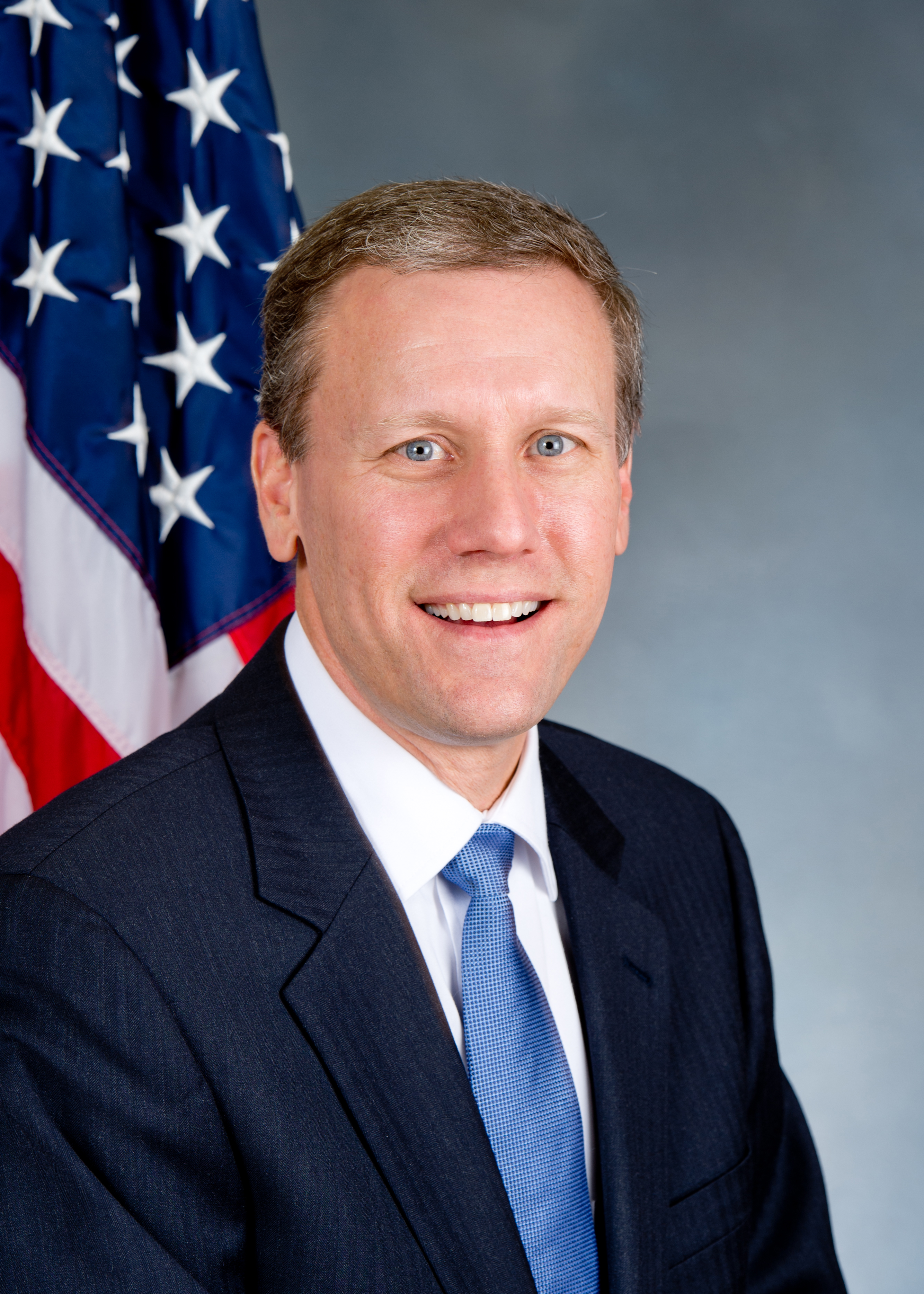S T A T E O F N E W Y O R K
________________________________________________________________________
7660
I N S E N A T E
May 23, 2014
___________
Introduced by Sens. HANNON, MAZIARZ, BALL, BONACIC, BOYLE, CARLUCCI,
FELDER, GALLIVAN, GOLDEN, GRIFFO, LANZA, LARKIN, LITTLE, MARCELLINO,
MARCHIONE, MARTINS, NOZZOLIO, O'MARA, RANZENHOFER, RITCHIE, ROBACH,
SAVINO, SEWARD, VALESKY, YOUNG -- read twice and ordered printed, and
when printed to be committed to the Committee on Health
AN ACT to amend the public health law, in relation to the prescription
pain medication awareness program and providing for the repeal of such
provisions upon expiration thereof
THE PEOPLE OF THE STATE OF NEW YORK, REPRESENTED IN SENATE AND ASSEM-
BLY, DO ENACT AS FOLLOWS:
Section 1. Section 3309-a of the public health law, as added by
section 52 of part D of chapter 56 of the laws of 2012, subparagraphs
(i), (ii) and (iii) of paragraph (b) of subdivision 2 as amended and
subparagraph (iv) of paragraph (b) of subdivision 2 as added by section
1 and subdivisions 3 and 4 as amended by section 2 of part D of chapter
447 of the laws of 2012, is amended to read as follows:
S 3309-a. Prescription pain medication awareness program. 1. There is
hereby established within the department a prescription pain medication
awareness program to educate the public and health care practitioners
about the risks associated with prescribing and taking controlled
substance pain medications.
2. Within the amounts appropriated, the commissioner, in consultation
with the commissioner of the office of alcoholism and substance abuse
services, shall[:
(a) Develop] DEVELOP and conduct a public health education media
campaign designed to alert youth, parents and the general population
about the risks associated with prescription pain medications and the
need to properly dispose of any unused medication. In developing this
campaign, the commissioner shall consult with and use information
provided by the work group established pursuant to subdivision [(b)]
FOUR of this section and other relevant professional organizations. The
campaign shall include an internet website providing information for
parents, children and health care professionals on the risks associated
with taking opioids and resources available to those needing assistance
EXPLANATION--Matter in ITALICS (underscored) is new; matter in brackets
[ ] is old law to be omitted.
S LBD15377-01-4
S. 7660 2
with prescription pain medication addiction. Such website shall also
provide information regarding where individuals may properly dispose of
controlled substances in their community and include active links to
further information and resources. The campaign shall begin no later
than September first, two thousand twelve.
3. THE COMMISSIONER, IN CONSULTATION WITH THE COMMISSIONER OF EDUCA-
TION, SHALL ESTABLISH STANDARDS, AND REVIEW AND IMPLEMENT REQUIREMENTS
FOR THE PERFORMANCE OF CONTINUING MEDICAL EDUCATION ON PAIN MANAGEMENT,
PALLIATIVE CARE AND ADDICTION. EVERY HEALTH CARE PROFESSIONAL LICENSED,
REGISTERED OR CERTIFIED UNDER TITLE EIGHT OF THE EDUCATION LAW TO TREAT
HUMANS AND REGISTERED UNDER THE FEDERAL CONTROLLED SUBSTANCES ACT AND IN
POSSESSION OF A REGISTRATION NUMBER FROM THE DRUG ENFORCEMENT ADMINIS-
TRATION, UNITED STATES DEPARTMENT OF JUSTICE, OR ITS SUCCESSOR AGENCY,
SHALL, EVERY TWO YEARS, COMPLETE THREE HOURS OF COURSE WORK AS SET FORTH
IN THIS SECTION; PROVIDED, HOWEVER, THAT SAID HOURS SHALL BE DEEMED TO
COUNT TOWARD THE PROFESSIONAL'S OBLIGATION FOR BOARD CERTIFICATION.
(A) EXISTING CURRICULA, INCLUDING CURRICULA DEVELOPED BY A NATIONALLY
RECOGNIZED HEALTH CARE PROFESSIONAL, SPECIALTY, OR PROVIDER ASSOCIATION,
OR NATIONALLY RECOGNIZED PAIN MANAGEMENT ASSOCIATION, MAY BE CONSIDERED
IN IMPLEMENTING THIS SECTION.
(B) CURRICULA SHALL INCLUDE, BUT NOT BE LIMITED TO: I-STOP AND DRUG
ENFORCEMENT ADMINISTRATION REQUIREMENTS FOR PRESCRIBING CONTROLLED
SUBSTANCES; PAIN MANAGEMENT; APPROPRIATE PRESCRIBING; MANAGING ACUTE
PAIN; PALLIATIVE MEDICINE; PREVENTION, SCREENING AND SIGNS OF ADDICTION;
RESPONSES TO ABUSE AND ADDICTION; AND END OF LIFE CARE.
(C) THE COMMISSIONER SHALL PROVIDE AN EXEMPTION FROM THIS REQUIREMENT
TO ANYONE WHO REQUESTS SUCH AN EXEMPTION AND WHO DEMONSTRATES TO THE
COMMISSIONER'S SATISFACTION THAT:
(I) THERE WOULD BE NO NEED FOR HIM OR HER TO COMPLETE SUCH COURSE WORK
OR TRAINING BECAUSE OF THE NATURE, AREA OR SPECIALTY OF HIS OR HER PRAC-
TICE; OR
(II) HE OR SHE HAS COMPLETED COURSE WORK OR TRAINING DEEMED BY THE
COMMISSIONER TO BE EQUIVALENT TO THE STANDARDS FOR COURSE WORK OR TRAIN-
ING APPROVED UNDER THIS SECTION.
(D) THE COMMISSIONER, IN CONSULTATION WITH THE COMMISSIONER OF EDUCA-
TION AND STAKEHOLDERS SHALL REPORT TO THE TEMPORARY PRESIDENT OF THE
SENATE, THE SPEAKER OF THE ASSEMBLY AND THE CHAIRS OF THE HEALTH AND
HIGHER EDUCATION COMMITTEES NO LATER THAN THREE YEARS AFTER THE EFFEC-
TIVE DATE OF THIS SUBDIVISION ON THE SUCCESS AND IMPACT OF THIS SECTION
AND ANY RECOMMENDATIONS.
[(b)] 4. Establish a work group, no later than June first, two thou-
sand twelve, which shall be composed of experts in the fields of pallia-
tive and chronic care pain management and addiction medicine. Members of
the work group shall receive no compensation for their services, but
shall be allowed actual and necessary expenses in the performance of
their duties pursuant to this section. The work group shall:
[(i)] (A) Report to the commissioner regarding the development of
recommendations and model courses for continuing medical education,
refresher courses and other training materials for licensed health care
professionals on appropriate use of prescription pain medication. Such
recommendations, model courses and other training materials shall be
submitted to the commissioner, who shall make such information available
for the use in medical education, residency programs, fellowship
programs, and for use in continuing medication education programs no
later than January first, two thousand thirteen. Such recommendations
also shall include recommendations on: [(A)] (I) educational and contin-
S. 7660 3
uing medical education requirements for practitioners appropriate to
address prescription pain medication awareness among health care profes-
sionals; [(B)] (II) continuing education requirements for pharmacists
related to prescription pain medication awareness; and [(C)] (III)
continuing education in palliative care as it relates to pain manage-
ment, for which purpose the work group shall consult the New York state
palliative care education and training council;
[(ii)] (B) No later than January first, two thousand thirteen, provide
outreach and assistance to health care professional organizations to
encourage and facilitate continuing medical education training programs
for their members regarding appropriate prescribing practices for the
best patient care and the risks associated with overprescribing and
underprescribing pain medication;
[(iii)] (C) Provide information to the commissioner for use in the
development and continued update of the public awareness campaign,
including information, resources, and active web links that should be
included on the website; and
[(iv)] (D) Consider other issues deemed relevant by the commissioner,
including how to protect and promote the access of patients with a
legitimate need for controlled substances, particularly medications
needed for pain management by oncology patients, and whether and how to
encourage or require the use or substitution of opioid drugs that employ
tamper-resistance technology as a mechanism for reducing abuse and
diversion of opioid drugs.
[3.] 5. On or before September first, two thousand twelve, the commis-
sioner, in consultation with the commissioner of the office of alcohol-
ism and substance abuse services, the commissioner of education, and the
executive secretary of the state board of pharmacy, shall add to the
workgroup such additional members as appropriate so that the workgroup
may provide guidance in furtherance of the implementation of the I-STOP
act. For such purposes, the workgroup shall include but not be limited
to consumer advisory organizations, health care practitioners and
providers, oncologists, addiction treatment providers, practitioners
with experience in pain management, pharmacists and pharmacies, and
representatives of law enforcement agencies.
[4.] 6. The commissioner shall report to the governor, the temporary
president of the senate and the speaker of the assembly no later than
March first, two thousand thirteen, and annually thereafter, on the work
group's findings. The report shall include information on opioid over-
dose deaths, emergency room utilization for the treatment of opioid
overdose, the utilization of pre-hospital addiction services and recom-
mendations to reduce opioid addiction and the consequences thereof. The
report shall also include a recommendation as to whether subdivision two
of section thirty-three hundred forty-three-a of this article should be
amended to require practitioners prescribing or dispensing certain iden-
tified schedule V controlled substances to comply with the consultation
requirements of such subdivision.
S 2. This act shall take effect one year after it shall have become a
law and shall expire and be deemed repealed 4 years after such date.
Provided, however, that effective immediately, the addition, amendment
and/or repeal of any rule or regulation necessary for the implementation
of this act on its effective date is authorized and directed to be made
and completed on or before such effective date.




